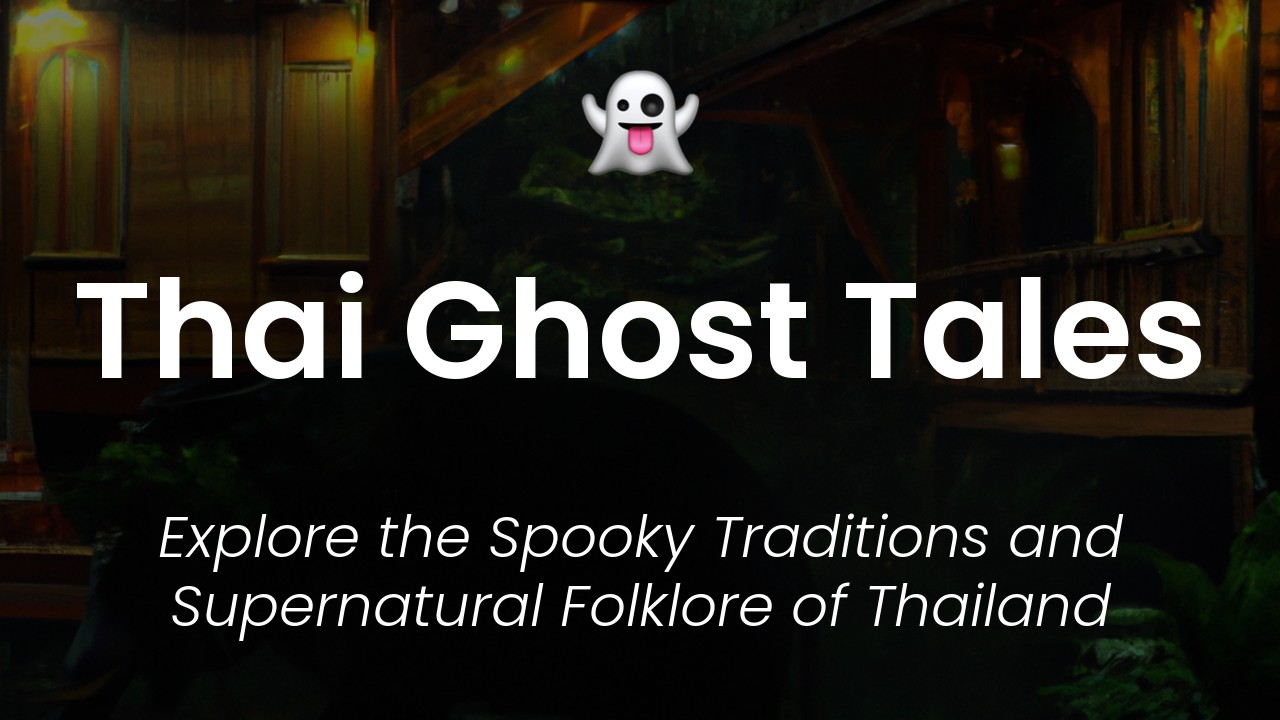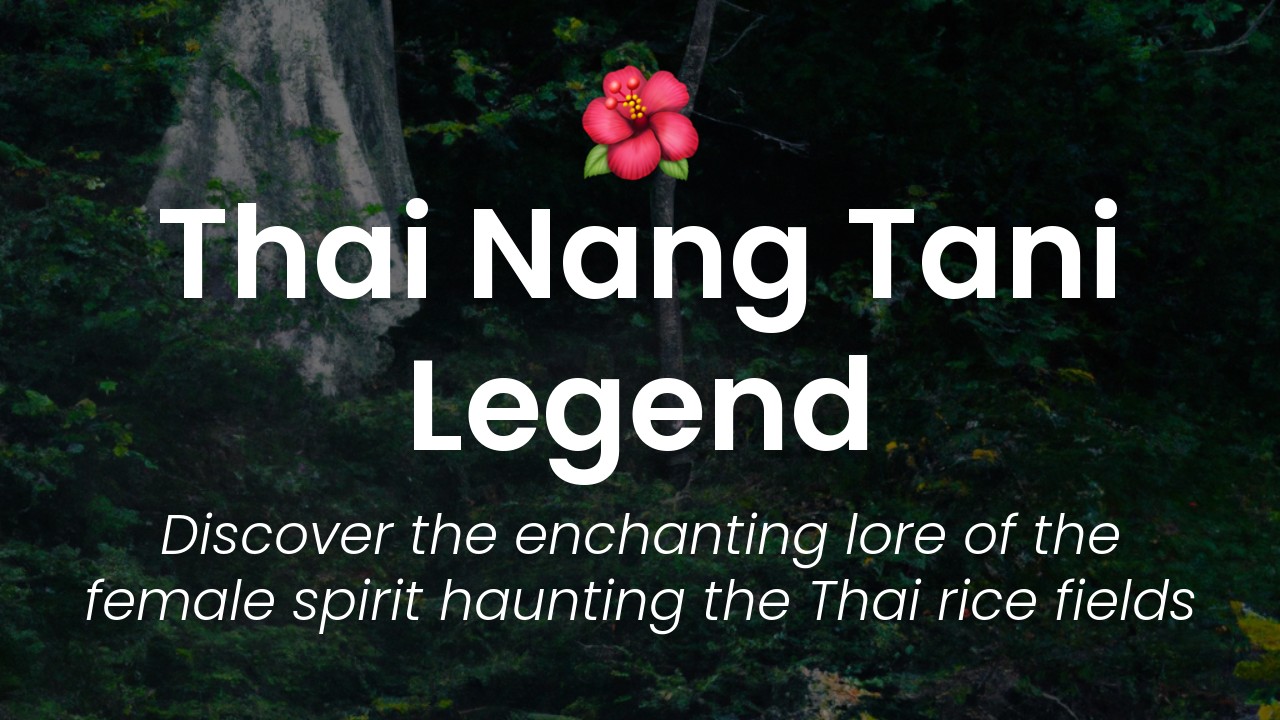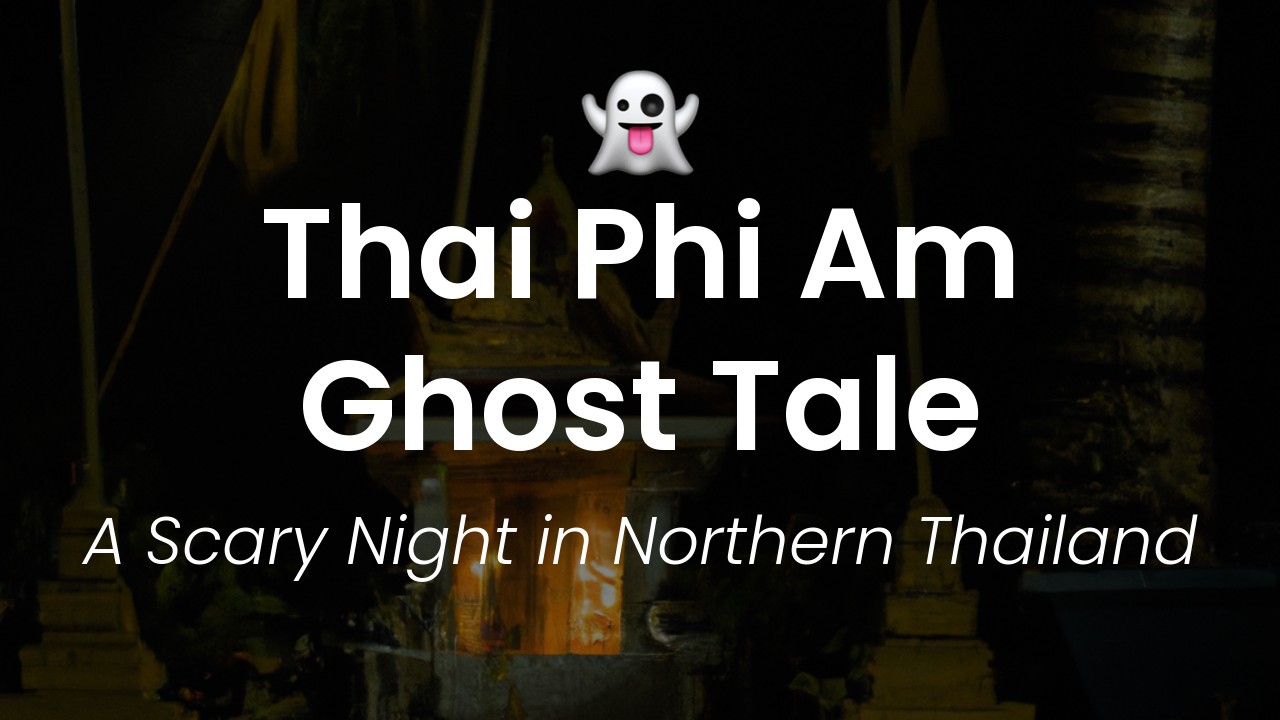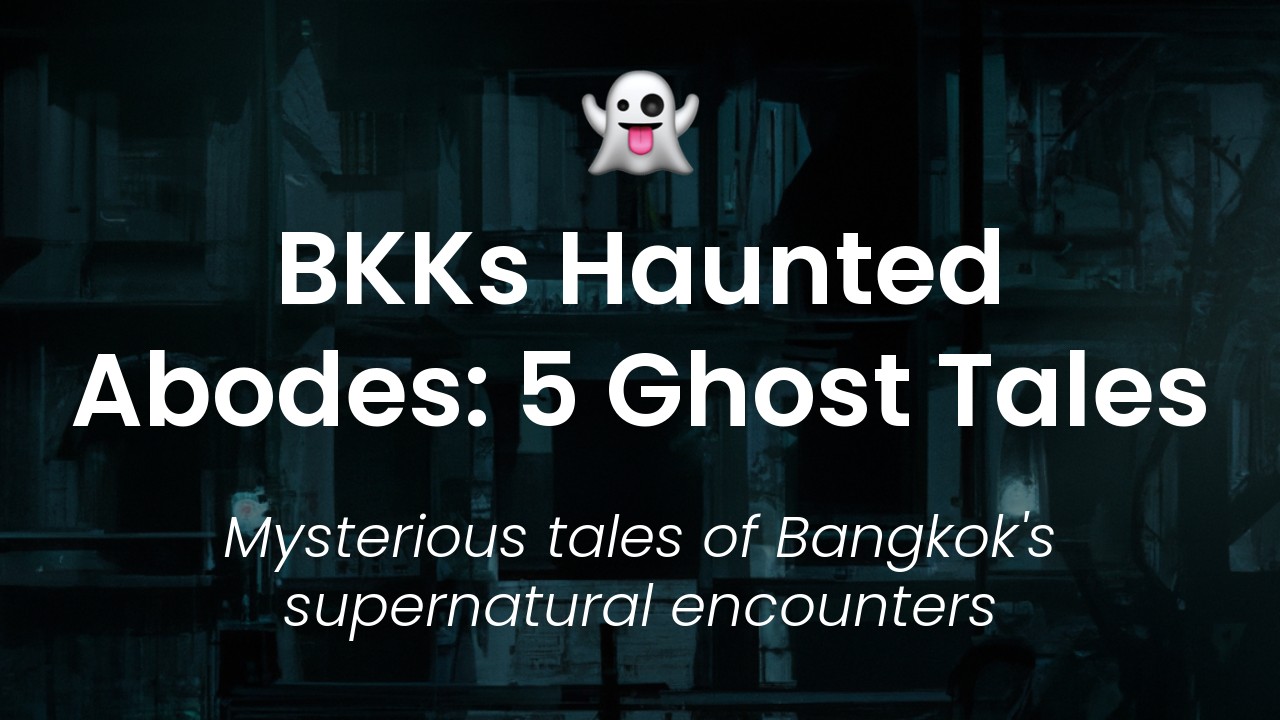As a Thai woman, I grew up with ghost stories and beliefs in supernatural beings deeply ingrained in my country's cultural history. Even today, many Thais still believe in these spirits and share the tales of ghostly encounters with each other.
One of the most chilling ghost stories in Thailand is that of the Phi Peta, a vengeful and malevolent spirit that is said to haunt certain areas of the country. The legend of Phi Peta is a fascinating and eerie tale that captures the imagination of Thais and foreigners alike.
In this article, I want to take you on a journey through Thailand's bone-chilling cultural history and share with you the tale of Phi Peta. Through this story, you will gain a deeper understanding of the Thai people's cultural beliefs and the fears that have been passed down for generations. So, let's explore one of Thailand's most haunting tales and discover the dark side of my beautiful country's past.
The Origin of the Phi Peta Legend
In Thailand, ghosts are an everyday part of the culture. One of the most well-known apparitions is the Phi Peta ghost. Also known as the "hungry ghost," Phi Peta is often depicted as a woman with a swollen belly and a tiny mouth, a representation of their insatiable hunger. According to Thai folklore, the Phi Peta spirit originated from Buddhist teachings regarding reincarnation. It is believed that, after death, a person's soul is reborn into the form of a ghost if they have lived a sinful life or if they have not been properly buried. This is where the Phi Peta legend comes in.
The Phi Peta are said to be the spirits of people who during their lifetime were greedy and selfish. They often had a great desire for physical pleasures in life, such as wealth and possessions, but didn't live their lives in a manner that aligned with Buddhist teachings. Therefore, when they died, they were unable to move on to the next life and became trapped in the spirit world, unable to find peace.
Cultural Significance of Phi Peta in Thailand
The Phi Peta legend has an immense cultural significance in Thailand. It is used by parents to teach their children the values of selflessness, compassion, and kindness. In the country, it is a common belief that those who are greedy and selfish, like the Phi Peta, will never find true happiness. Therefore, they should strive to prioritize others' needs over their own.
The Phi Peta ghost is used as a symbol of the punishment one may face due to their selfishness and cravings for materialistic things. This is a lesson that is passed down from generation to generation to encourage wholesome behavior, both morally and spiritually.
Terrifying Encounters with Phi Peta
There have been stories of people encountering the Phi Peta ghost, mainly at night in cemeteries or abandoned areas. Witnesses have described seeing the ghostly figure lurking around with a gaping mouth. The ghostly woman usually wears a long white dress and, according to legends, follows people who are indulging in gluttonous behavior or possess materialistic desires.
There are also cases of the spirit appearing to those who have buried perform improper burial ceremonies for deceased family members. These cases are rare, and most of the time, the appearance of Phi Peta is associated with the consumption of meat, specifically pork.
Phi Peta and the Fascination with Ghosts in Thai Culture
Ghosts are an essential part of Thai culture, and the Phi Peta ghost tale is one of the most fascinating and memorable. These tales of ghosts and spirits have a deep-rooted place in the country's history and continue to influence the present-day cultural practices.
Certain regions of Thailand hold ghost festivals annually, where locals perform sacred rites in honor of their deceased. They leave food and gifts for spirits and perform religious ceremonies to appease them.
The Legacy of Phi Peta in Modern-day Thailand
In modern-day Thailand, the Phi Peta ghost legend remains a vital part of the country's heritage and culture. Not only does it continue to serve as an essential moral lesson, but it has also become a popular cultural reference. The image of the Phi Peta is often featured in anime and movies and even used in comic strips and children's books.
Tourists visiting Thailand can purchase charms and amulets that are believed to protect from the Phi Peta. The amulets usually feature a depiction of a monk offering alms to the ghostly figure.
In conclusion, Phi Peta is a cultural symbol of Thailand's history and a unique feature in the country's tourism industry. The legend serves as a reminder that material wealth and selfish desires should not come at the cost of morality and kindness. As an observer, you may be intrigued by the haunting Phi Peta ghost tale, but remember to respect the country's cultural sensitivity surrounding it and approach it with an open mind and appreciation for their heritage.







